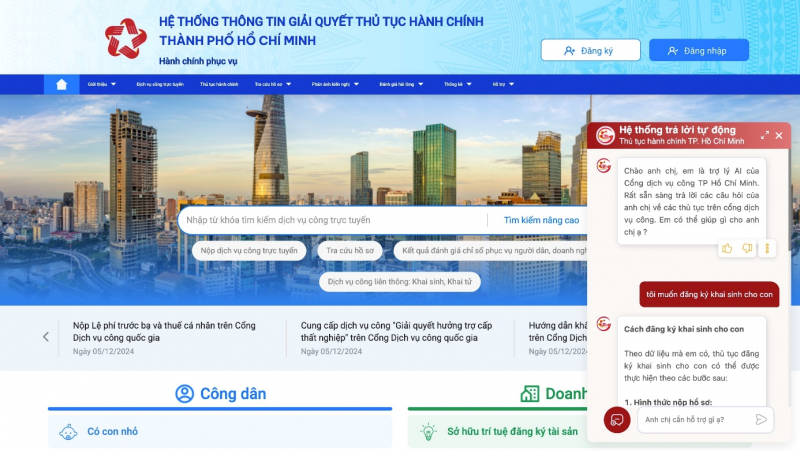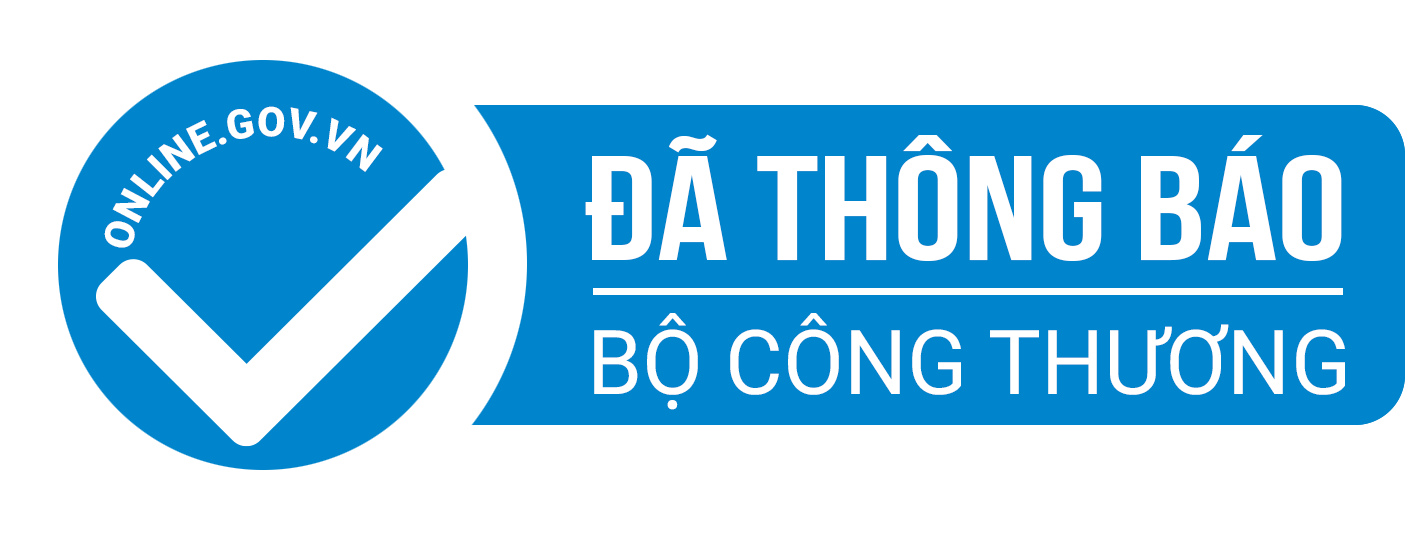AI Assistant Helps Improve Efficiency in Handling Administrative Procedures
The task of reorganizing the apparatus and administrative units, especially the reorganization of administrative units at the district and commune levels, is a major policy of strategic significance aimed at streamlining the apparatus and improving the effectiveness and efficiency of management. However, this process poses significant challenges in the field of administrative procedure settlement. Specifically, changes in administrative boundaries, names, and related regulations create confusion and uncertainty for people and businesses concerning the necessary information, leading to a sudden increase in the demand for inquiries and the performance of administrative procedures. Additionally, in the context of streamlining the payroll, the team of officials and civil servants must not only grasp the new business processes but also handle an increasing number of documents, resulting in considerable pressure and potential risks of delays and errors. To effectively address these challenges and ensure the arrangement process is smooth and transparent, while minimizing inconveniences for people and businesses and optimizing administrative resources, the Vietnam Posts and Telecommunications Group (VNPT) has developed specialized AI applications to support effective administrative procedure processing during the transition period.
“Personalization” to Serve People and Businesses
The "Citizen - Business AI Assistant" is an integrated system that operates as a single, intelligent digital touchpoint, comprehensively supporting people and businesses in all administrative procedures arising from the merger process. With its core function of providing automatic information responses 24/7, this application utilizes Generative AI technology to understand and accurately respond to thousands of inquiries from people and businesses regarding new administrative boundaries, name changes, and necessary documents that need adjustment (such as household registration, CCCD, business licenses, land use right certificates, etc.). The application also provides information on new policies and regulations arising after the merger, such as those related to taxes, land, education, and health, in a clear, easy-to-understand manner tailored to each specific case. Furthermore, based on the information provided by the user (such as the type of document to be changed, old/new address, type of business), the AI assistant will automatically identify the administrative procedures to be performed and provide detailed instructions for each step and document to be prepared, along with direct links to the electronic forms to be filled out. It even supports the automatic filling of certain information if the data is already available from the national database, thereby minimizing errors and saving time for users. Thanks to these features, the "AI Assistant for Citizens - Enterprises" significantly reduces the burden of direct inquiries for officials responsible for handling administrative procedures, allowing them to focus on processing complex cases that require in-depth assessment. The application also enhances the satisfaction and experience of citizens and businesses by enabling them to proactively search for information and carry out administrative procedures anytime, anywhere, thereby minimizing waiting and travel times, and fostering transparency and trust. Notably, the application ensures the uniformity and accuracy of information, preventing discrepancies in explanations across different locations, which in turn creates fairness for all parties involved.
 |
AI Supports Administrative Procedure Processing
VNPT has also developed an integrated AI application to support the administrative procedure processing at critical touchpoints, aiding officials and civil servants in handling tasks more effectively during the transition period. The first feature is an AI assistant that supports intelligent document classification and verification. This AI assistant employs “computer vision” technology to automatically scan, recognize, and read information from documents and records; automatically classify records; extract data; and check validity according to the new regulations and forms of the administrative unit post-merger. It then provides automatic warnings about deficiencies, errors, or invalid records, helping officials detect issues early and request timely supplements, thereby reducing the rate of returned records. Next, there is an AI assistant that supports decision-making and document processing. This assistant analyzes data from records, compares it with relevant regulations, screens and classifies documents, and proposes solutions. In cases where records contain documents that do not meet the requirements, the AI will notify the staff. Practical testing has shown that these AI systems have significantly enhanced the productivity of staff, reduced manual, repetitive, and error-prone tasks, and allowed staff to concentrate on professional work and solve more complex issues. They ensure transparency and fairness in handling administrative procedures, as processes are digitized and controlled by AI, minimizing subjective intervention and associated risks. Additionally, these systems provide accurate and timely data for management, supporting local and grassroots leaders in making quick and effective operational decisions based on real data.
Experience Modern, Fast, and Efficient Digital Administration The pilot application of AI in supporting administrative procedure processing in Ho Chi Minh City in May 2025 has yielded many positive results: The time taken to receive and respond to inquiries has been dramatically reduced; people and businesses are supported more accurately, thus decreasing the need for multiple visits; and officials now have additional tools to process records more proactively and effectively. Specifically, the AI assistant that automates processes has facilitated the reception of an average of 10,000 to 13,000 records submitted directly by citizens each day, resulting in an estimated time saving of 1,400 hours per day, over 30,800 hours per month, and 369,600 hours per year, which is equivalent to the workload of approximately 175 officials. Additionally, this AI assistant also supports receiving an average of 5,000 to 6,000 online applications per day, saving an estimated 550 hours per day, over 12,100 hours per month, and 145,200 hours per year, equivalent to the workload of nearly 70 officers. Furthermore, citizens and businesses can monitor the progress of administrative procedure processing through the AI Automatic Response System, experiencing the entire process. The application of AI to the Public Service Portal and the Administrative Procedure Information System has optimized processes, reduced waiting times and processing costs, and ensured prompt, transparent services that wholeheartedly serve the public. To ensure that these results extend beyond the pilot stage, VNPT has been systematically investing in three pillars: people, infrastructure, and data. For VNPT, AI is not merely a trend, but a long-term strategy that has been initiated early on. VNPT understands that mastering AI technology cannot be achieved overnight; it requires systematic, sustainable, and visionary investment. The organization clearly identifies three essential areas for investment: people, infrastructure, and data. For AI to truly develop, financial resources alone are insufficient; it also requires flexible mechanisms, special policies, and a commitment to action. The AI technologies developed by VNPT are all packaged into specific products and services, tightly integrated into the digital ecosystem being deployed for government, citizens, and businesses. Thanks to this approach of "doing it for real - using it for real," VNPT's AI technology continues to evolve, and the capabilities of its AI human resources team are increasingly refined.
